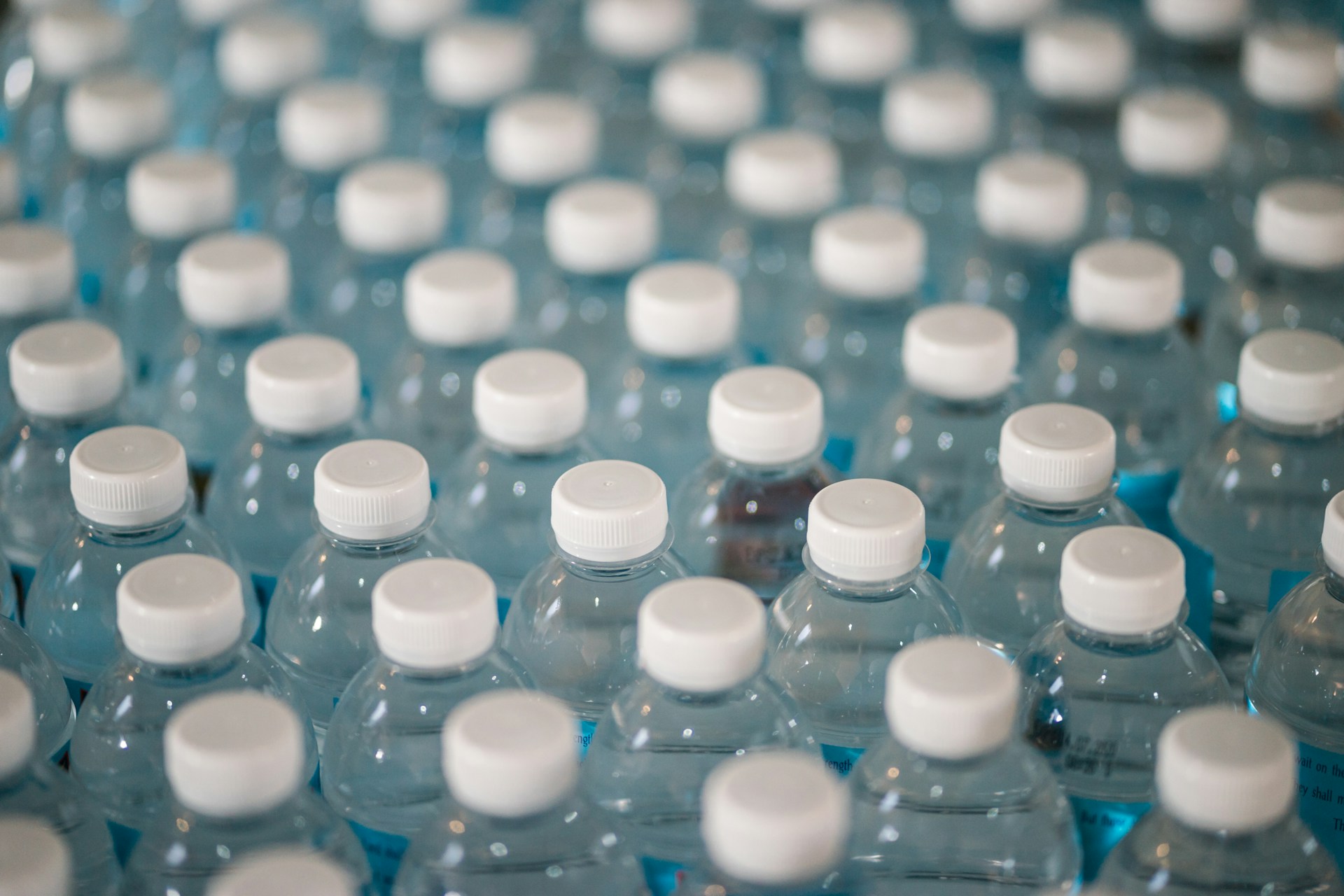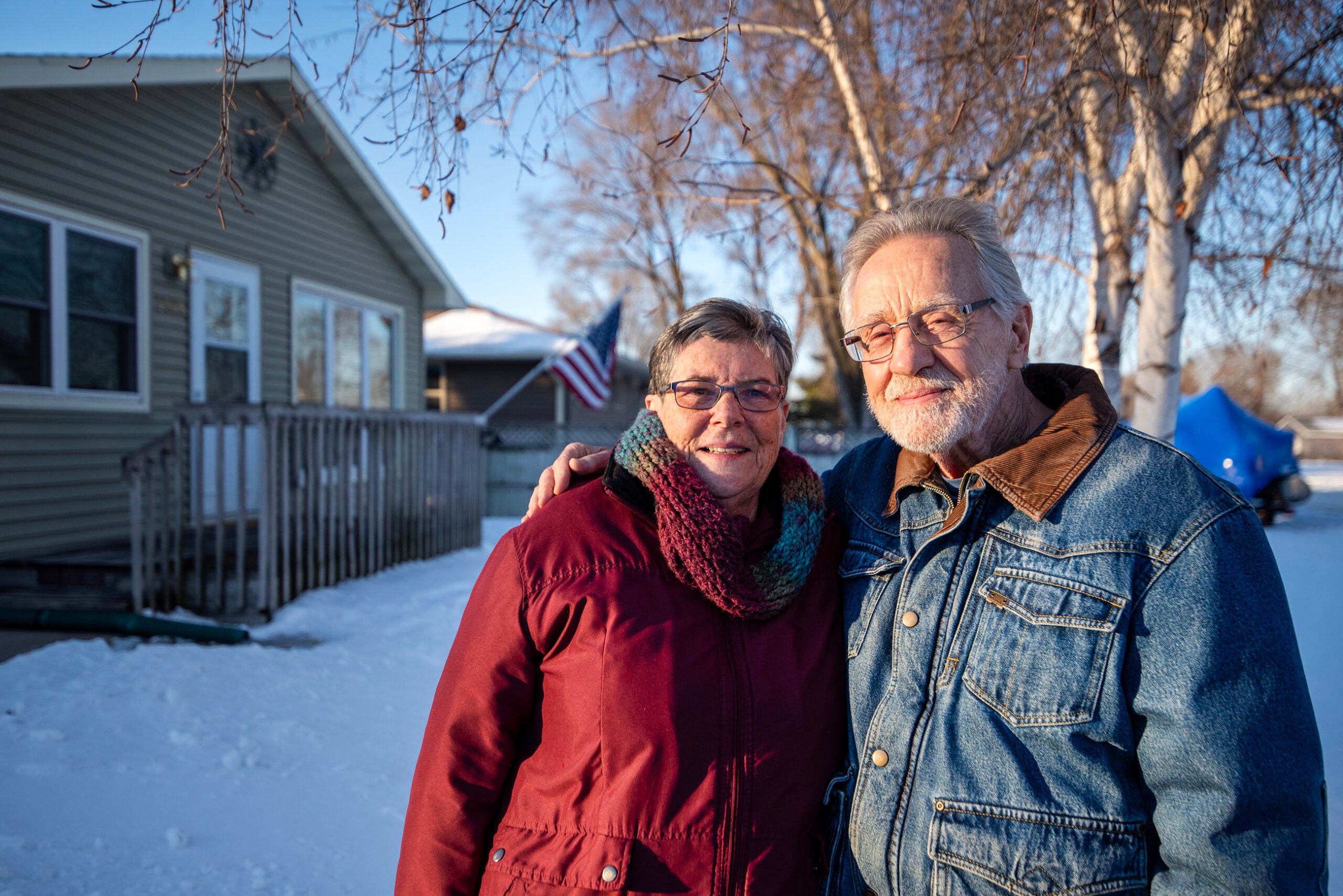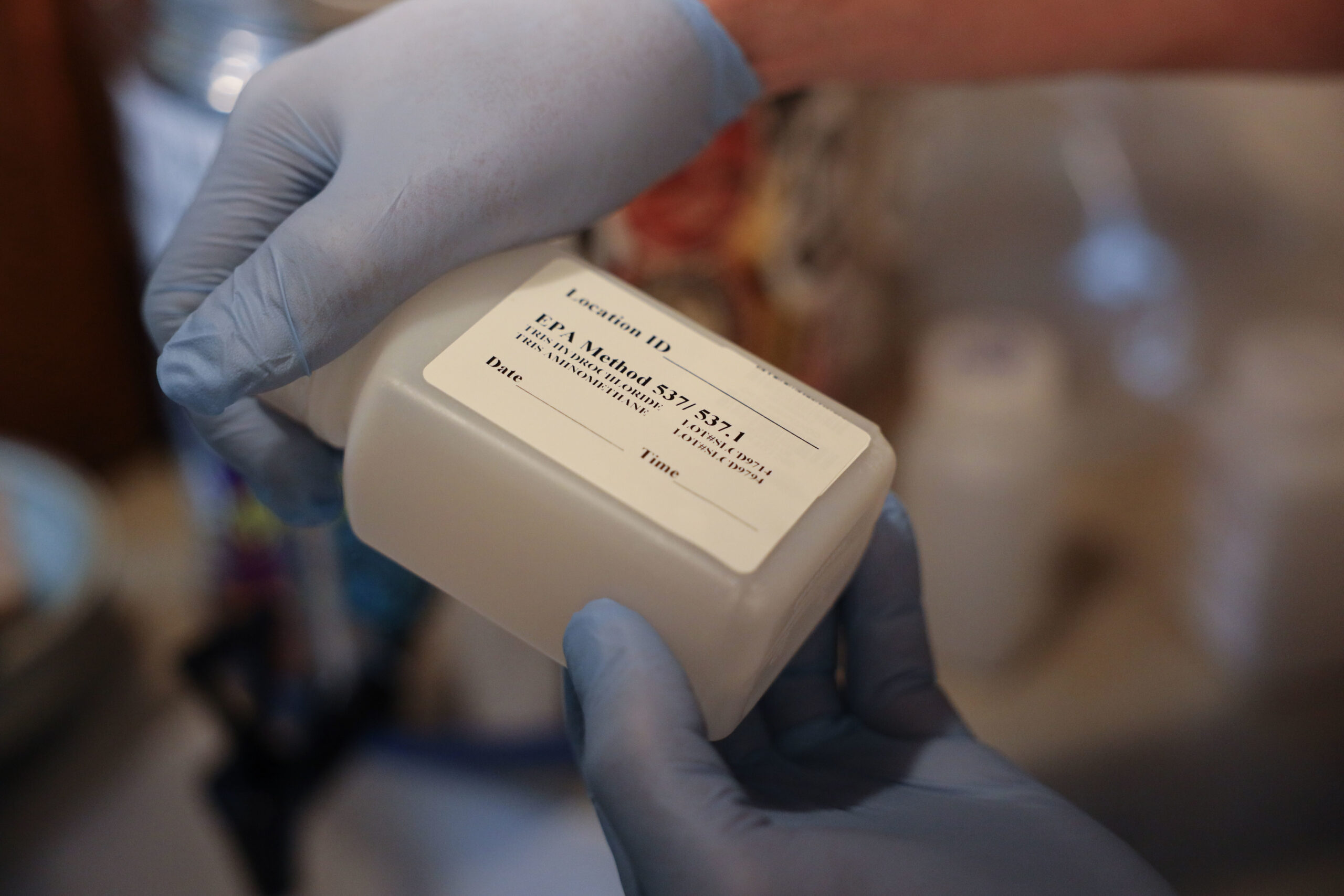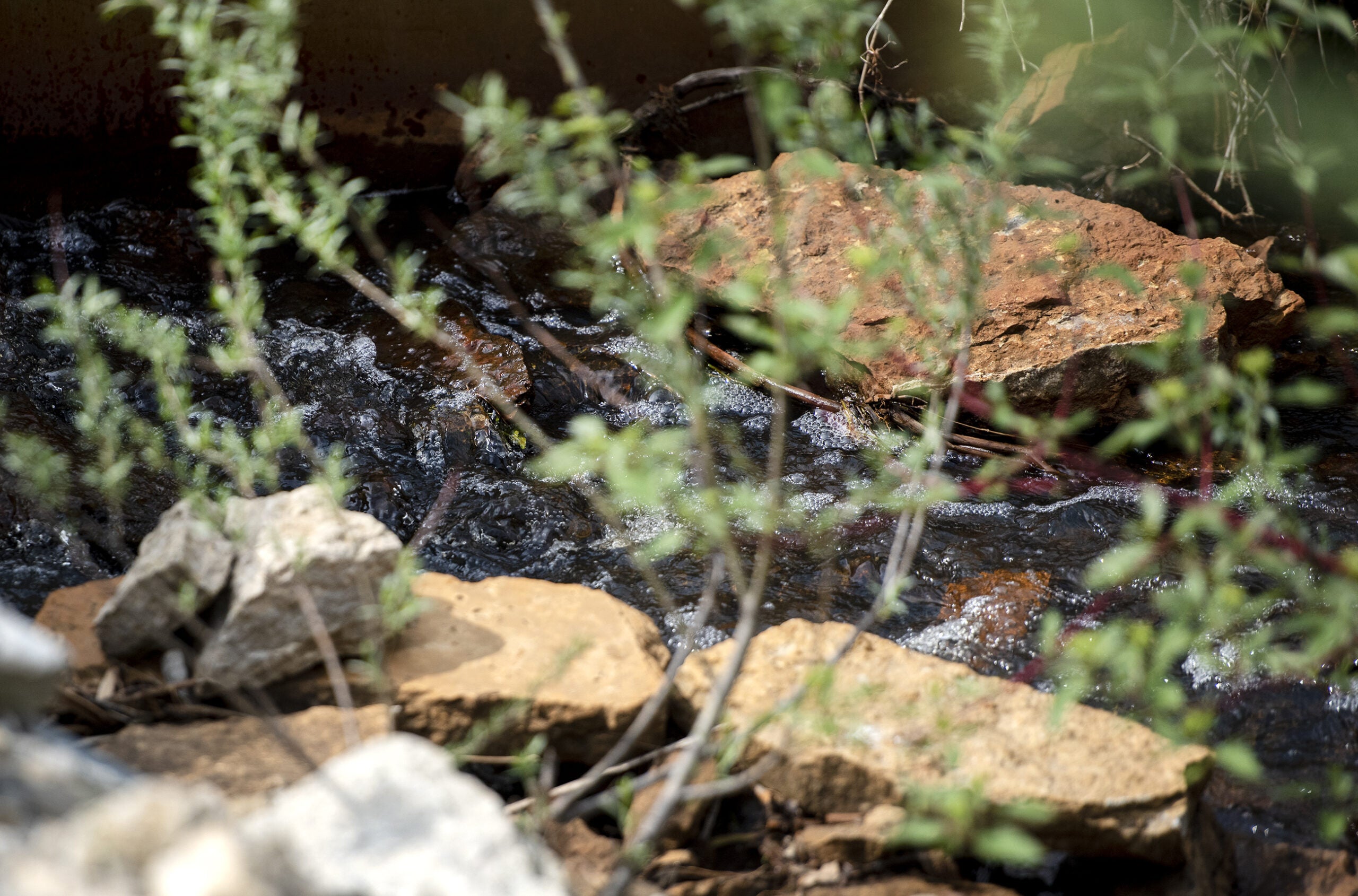Local leaders and health advocates in Wisconsin say the state isn’t moving fast enough to address PFAS contamination.
An online panel hosted by Wisconsin Health News this month focused in part on legislation passed by the state Senate that would create grants for local governments and landowners to address PFAS pollution. Democratic Gov. Tony Evers indicated in October that he would consider vetoing the bill because it restricts the state Department of Natural Resources’ ability to test and clean up the chemicals on private property.
Republicans and industry groups say the changes are needed to protect landowners who don’t create PFAS pollution but who currently fall under the DNR’s definition of an emitter. But environmental advocates say the change would make it easier to let corporations off the hook for pollution.
Stay informed on the latest news
Sign up for WPR’s email newsletter.
State Sen. Eric Wimberger, R-Green Bay, is one of the bill’s sponsors and spoke at the online panel. He said Senate Republicans met with the governor shortly before the bill passed the Senate, and he believes discussion between the two parties will continue.
“There’s probably going to be back and forth,” Wimberger said during the panel.
Before it can go to the governor, the bill would need to pass the Assembly as well. Wimberger also said he doesn’t anticipate the Assembly trying to make any changes to the legislation in January.
“I’d be very concerned if there was any motion to try and do that because there’s a balancing here of what environmental groups want and what the DNR wants, what municipalities want and then obviously what’s palatable to the legislators,” he said.
Communities have faced a ‘heavy lift’ to deal with PFAS contamination
Wausau Mayor Katie Rosenberg, another participant on the panel, said her community offered what she described as “qualified support” for the Republican-authored legislation, calling the $125 million in state funding it would make available for PFAS mitigation “critical” to cities like hers.
While Wausau has received some federal funding to help pay for the city’s new filtration system to remove PFAS first found in 2022, Rosenberg said the $17.5 million system has been a “heavy lift.”
“The people of Wausau and the people of Wisconsin don’t care who did the pollution. They just want to be able to drink their water,” she said during the panel. “We did have some concerns about the effects on the state spills law, and a variety of other positions in this bill. (But) we’re optimistic about being able to do what’s right for everybody here in our state with this bill.”
But town of Campbell Board Supervisor Lee Donahue, whose community has been on bottled water since 2021 because of PFAS contamination in private wells, pushed back on the idea that the DNR’s authority is preventing landowners from testing their water. She said when PFAS were first discovered in her community, residents were worried about their health, not whether they would be labeled as an emitter.
“There’s a legal part of this, and then there’s the part that we live day-to-day, which is we are trying to stop the PFAS contamination at the source,” Donahue said during the panel. “Otherwise we can just be chasing our tail on and on and on. We really are relying on our state Legislature and on the federal folks to be able to assist us to get to where we need to be.”

PFAS, short for per- and polyfluoroalkyl substances, are a class of thousands of synthetic chemicals used in cookware, food wrappers and firefighting foam. The chemicals don’t break down easily in the environment. Research shows high exposure to PFAS has been linked to kidney and testicular cancers, fertility issues, thyroid disease and reduced response to vaccines over time.
Over the last three years, Donahue said the widespread contamination in Campbell has taken a toll on residents’ quality of life, keeping them from growing backyard gardens or eating locally-caught fish. She said it’s a similar story in the other communities around the state that have found PFAS, like Wausau and Peshtigo.
“They’re seeing their tax rates increase, and in many communities they’re seeing the toxic health effects and the medical bills that go with those,” she said. “There are a number of effects that sometimes are a bit difficult to quantify, those health effects, but these costs are being borne by the taxpayers. They’re not being borne by the people who caused the pollution.”
Federal action on PFAS is slow to arrive
Dr. Beth Neary, co-president of the Wisconsin Environmental Health Network, said during the panel that Wisconsin needs to move beyond PFAS remediation to taking action to stop the flow of PFAS into the environment. She said other states, including Minnesota, are taking steps to ban the chemicals in what are considered nonessential uses.
“It doesn’t need to be in cosmetics and ski wax and all of these other products,” Neary said. “The federal government takes a while to do that stuff. So that’s why states are taking the initiative on this.”
Neary also called on the state to provide guidance to physicians on how to treat patients with high exposure to PFAS, pointing out that babies and fetuses are most affected by toxicants.
Wimberger said he was open to the idea of a state ban on PFAS for nonessential uses, but said companies would have to be given enough time to make the switch.
Wisconsin Public Radio, © Copyright 2025, Board of Regents of the University of Wisconsin System and Wisconsin Educational Communications Board.




